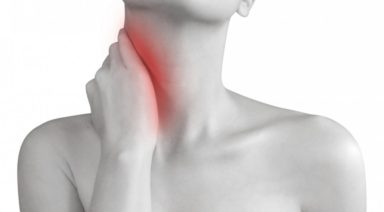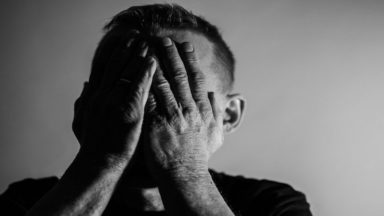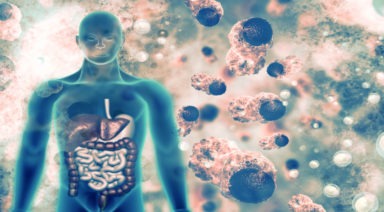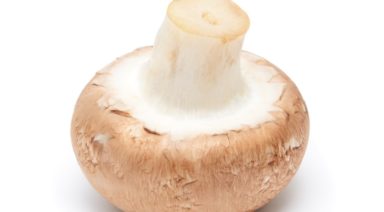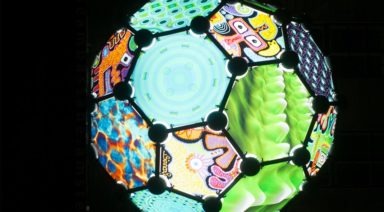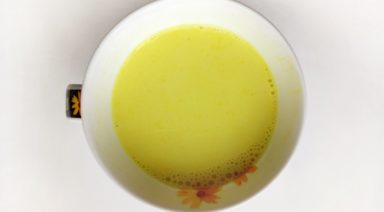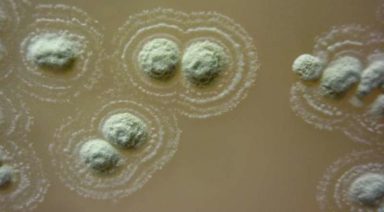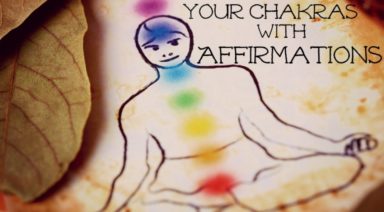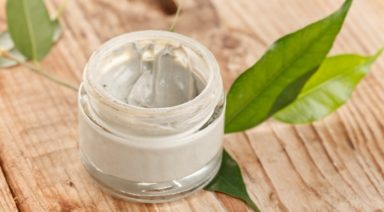Study Finds Significant PTSD Relief Through Lucid Dreaming

A groundbreaking new study of lucid dreaming suggests that people can heal psychological trauma while they’re asleep, and may even show potential for healing on the physical level.
A lucid dream is one in which you’re actively aware that you’re dreaming and may even have some control over what happens. While scientists have been studying this fascinating phenomenon for decades, recent research focus has shifted to the potential for healing within this state.
Charlie Morley has taught thousands of people worldwide how to lucid dream and was involved in the most recent study of lucid dream healing conducted by the Institute of Noetic Sciences (IONS).
“Lucid dreaming is like being conscious within the unconscious mind, so there’s a whole host of healing benefits that we can gain from lucid dreaming,” Morley said. “In fact, many of the things you can treat through hypnotherapy, you can also treat through lucid dreaming. Now, there are some very interesting studies and preliminary research that points to lucid dreaming being one of the most powerful interventions for people with nightmares and especially PTSD-triggered nightmares.”
In the IONS study, a group of 49 people with diagnosed Post-Traumatic Stress Disorder were given instruction by Charlie into lucid dreaming. Over the course of one week, they were taught various induction techniques with a specific emphasis on making a dream plan for healing.
“So the techniques that we used for this study started with the basics — keeping a dream diary, learning to check dreams signs, reality checking during the day, all of your classic lucid dreaming techniques — but what we placed a lot of emphasis on was the dream plan; planning what you want to do in your first or next dream,” Morley said.
“If I were to become lucid within those recurring nightmares, what could I actually do to help affect healing? What we discovered was that simply by becoming lucid in a recurring PTSD nightmare, that already had a healing response, because it’s like ‘Oh, wow, I’m not really back in Iraq, I’m simply dreaming I’m back in Iraq.’ But once we trained people, not only to get lucid and know that they’re dreaming but to then intentionally interact with the source of their fear, or the source of their trauma, or the thing that they’ve been running from in their nightmares, to actually turn and face it had a really powerful healing response. We had some really good data that we gathered from that.”
The data that was collected consisted of a number of clinical questionnaires administered before, during, and after the study. These were then analyzed to determine whether the participants’ PTSD scores had been affected by the experience. Dr. Garret Yount a molecular neurobiologist at IONS led the study.
“We had 49 dreamers total and 36 of them had lucid dreams during the week, so that’s 73 percent of them experiencing a lucid dream during that workshop — this was tremendous,” Dr. Yount said. “The headlines though, are we have the first data coming out from our primary outcome measure, and that’s the PTSD severity scale. So, everybody going into the study was above a threshold according to this standardized scale and the average dropped way below, and it stayed down for three weeks. That’s really significant that this kind of relief from symptoms would last that long. Another very impactful outcome was all the testimonials from the dreamers saying things like ‘My nightmares are gone, thank you, this is the healing work’ or talking about the years of psychotherapy they’ve been through and have never had these kinds of breakthroughs.”
What is it about the experience that brings about such profound healing?
“You know, PTSD is very difficult to treat with conventional methods. There’s something about the lucid dream where you have access, and also in a very safe way to be able to process trauma that’s very difficult to reach with talk therapy,” Dr. Yount said.
“Post-Traumatic Stress Disorder is a disempowering experience. Training yourself to wake up within your dreams and take control over the direction of the dream state is one of the most empowering experiences you can ever have. That in itself, I think, holds the key to what is lowering people’s PTSD scores when they learn to lucid dream,” Morley said.
In addition to questionnaires, researchers also collected saliva samples from a small subgroup of participants to look at the effect of a very important biomarker called Salivary Alpha-Amylase.
“Our hypothesis was, a healing lucid dream will have such a powerful effect on not only the mind but the body, that we would expect to see a lowering of inflammation in the biomarkers of the saliva, after a healing lucid dream,” Morley said.
“So this would be the first study of lucid dreaming and a physiological marker, and it would be at least one step into really clear evidence that this inner experience of having a healing inside of a lucid dream could have a physical effect on the body; it could be measure at the body level,” Dr. Yount said.
Researchers are still analyzing those results and while they will need to be repeated with a larger sample group, the findings could have great implications.
“If we are able to get good data from this biomarker that will open up the door to look at other physiological markers and ultimately other types of illnesses. I think this may turn out to be a beautiful model of studying the mind-body connection,” Dr. Yount said.
“A lot of other ways that have tried to prove the mind-body connection: you can say it’s an outside influence, you can say it’s the placebo effect, you could say it’s to do with other people in the study. But lucid dreamers are a closed circuit, they’re literally asleep, the variables are incredibly limited. So if you can prove that the mind affects the body through lucid dreaming, you prove something quite remarkable,” Morley said.
How to Heal From Directed Attention Fatigue; Go Into Nature
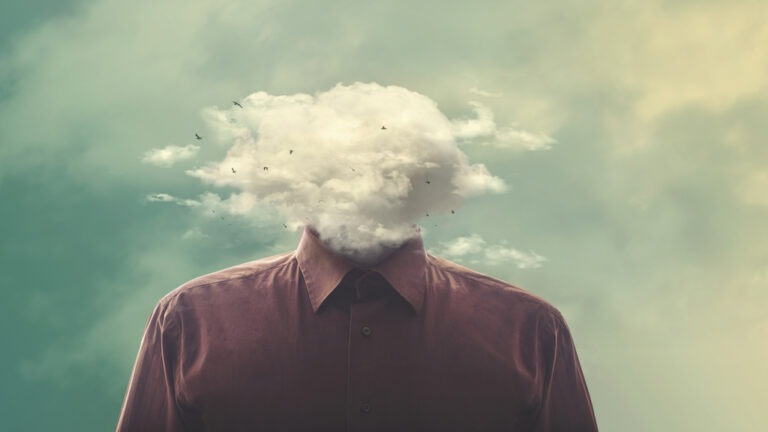
Our brains are overworked and overtired. We spend all day working and with technology at our fingertips, we never give our brains a break from directed intense focus. This can lead to attention fatigue, and it may be damaging your mental and physical health. But there may be an easy solution right outside your door.
When it comes to our brains there are different types of attention. Remember the last time you concentrated on a singular task, like taking a test or working on a complicated project? After a certain amount of time in that highly concentrated state, people often describe themselves as brain tired or even brain dead.
Our minds are like muscles, they can get overworked when concentrating for too long. This can lead to stress, weight gain, burnout, and anxiety. The good news is our brains can disconnect and recharge.





